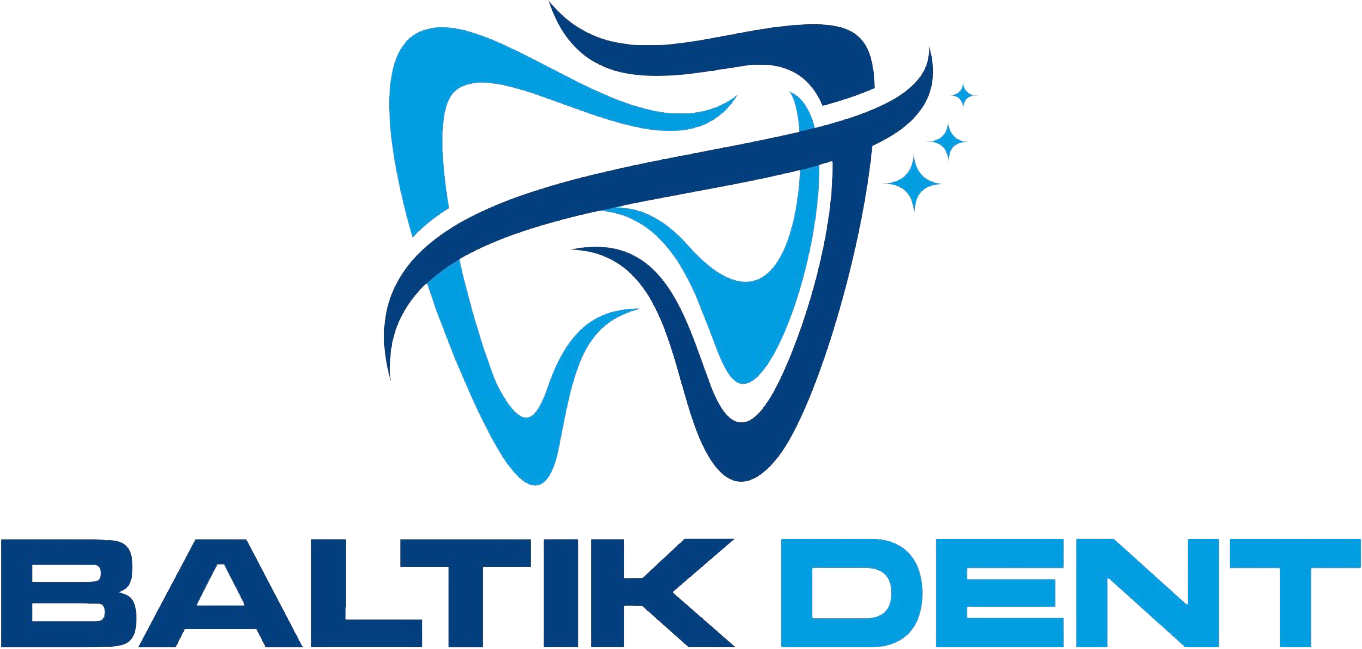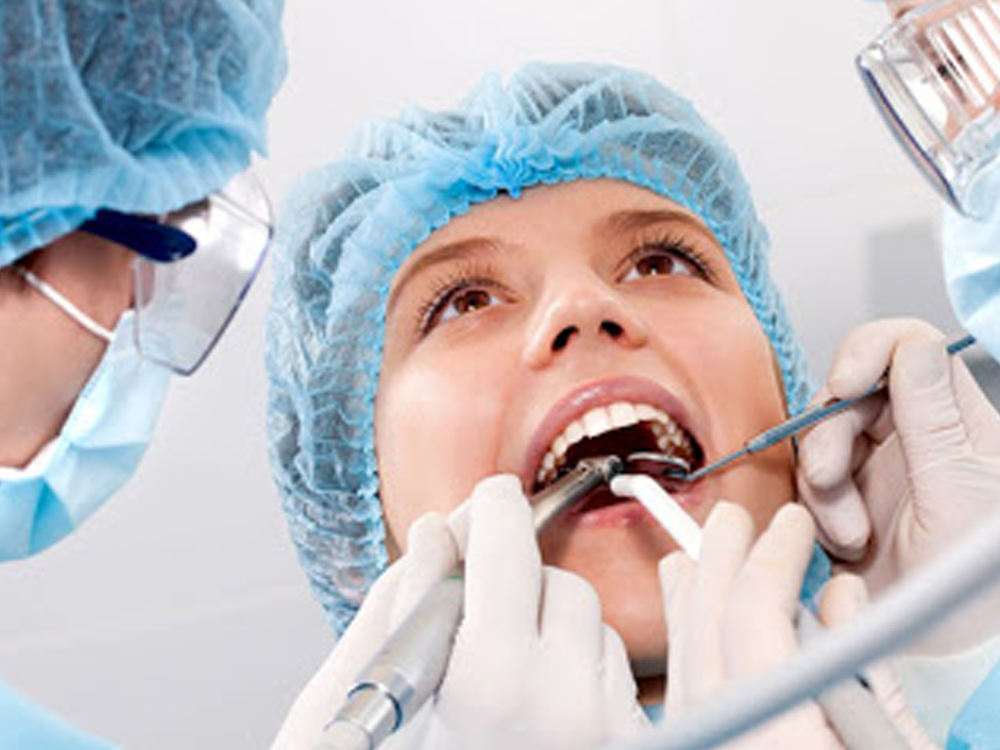Oral cyst surgery is a specialized surgical procedure performed to remove cysts that develop in the jawbone, gums, or around teeth. Dental or jaw cysts are fluid-filled sacs that often grow silently, and if left untreated, they can cause infections, damage to adjacent teeth, and even bone destruction.
These cysts are usually discovered during routine dental X-rays or due to symptoms like swelling, pain, or tooth movement. Cyst removal is typically performed by an oral surgeon under local anesthesia and is essential to preserve bone health and prevent further complications.
Common Types of Oral Cysts
Radicular cysts (caused by untreated tooth infections)
Dentigerous cysts (develop around impacted or unerupted teeth)
Residual cysts (remain after tooth extraction)
Keratocystic odontogenic tumors (KCOT) – more aggressive and recurrent
Benefits of Surgical Cyst Removal
Prevents bone loss and tooth damage
Eliminates infection risk
Reduces swelling and pain
Allows proper healing and bone regeneration
Enables early diagnosis of rare pathologies
The Procedure
Clinical and Radiographic Diagnosis: X-ray or 3D scan confirms cyst size and location.
Local Anesthesia: Ensures a painless procedure.
Surgical Removal: The cyst is accessed through a small incision and removed.
Cleaning and Suturing: The area is disinfected and sutured for healing.
Post-Op Monitoring: Follow-ups ensure healing and detect recurrence.
❓ Top 10 FAQs About Cyst Removal Surgery
Is cyst surgery painful?
No, it’s done under local anesthesia; mild discomfort may occur afterward.How long does the surgery take?
Typically 30–60 minutes depending on size and location.Will stitches be required?
Yes, sutures are usually placed and removed after 7–10 days.Is swelling normal after surgery?
Yes, minor swelling is expected and managed with cold compresses and medication.Can cysts come back?
Some types, like keratocysts, have a higher recurrence rate.Is it dangerous to leave a cyst untreated?
Yes, it can lead to infection, bone loss, or tooth displacement.Do I need antibiotics after surgery?
Often, yes—to prevent infection and aid healing.Will the bone heal after cyst removal?
Yes, the area typically regenerates over time.Can children develop dental cysts?
Yes, especially associated with unerupted teeth.Is this procedure done under general anesthesia?
Usually local, but sedation or general anesthesia may be used in complex cases.








